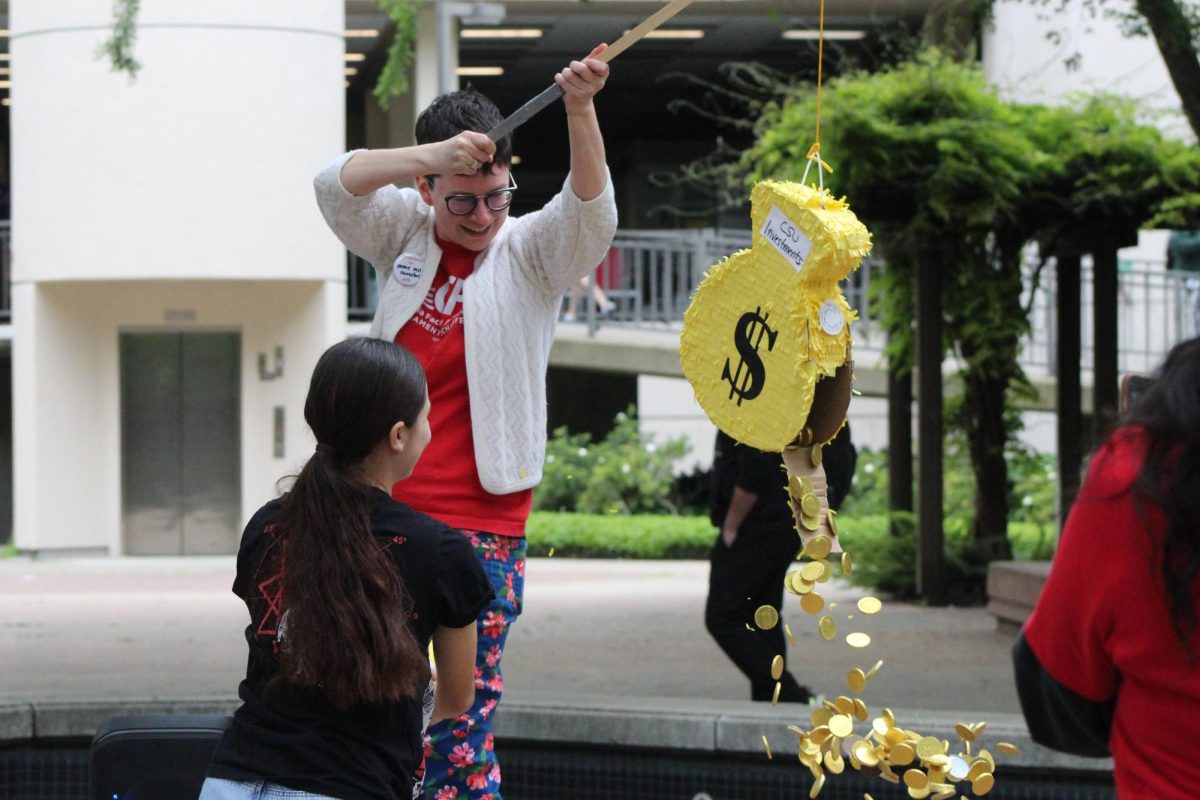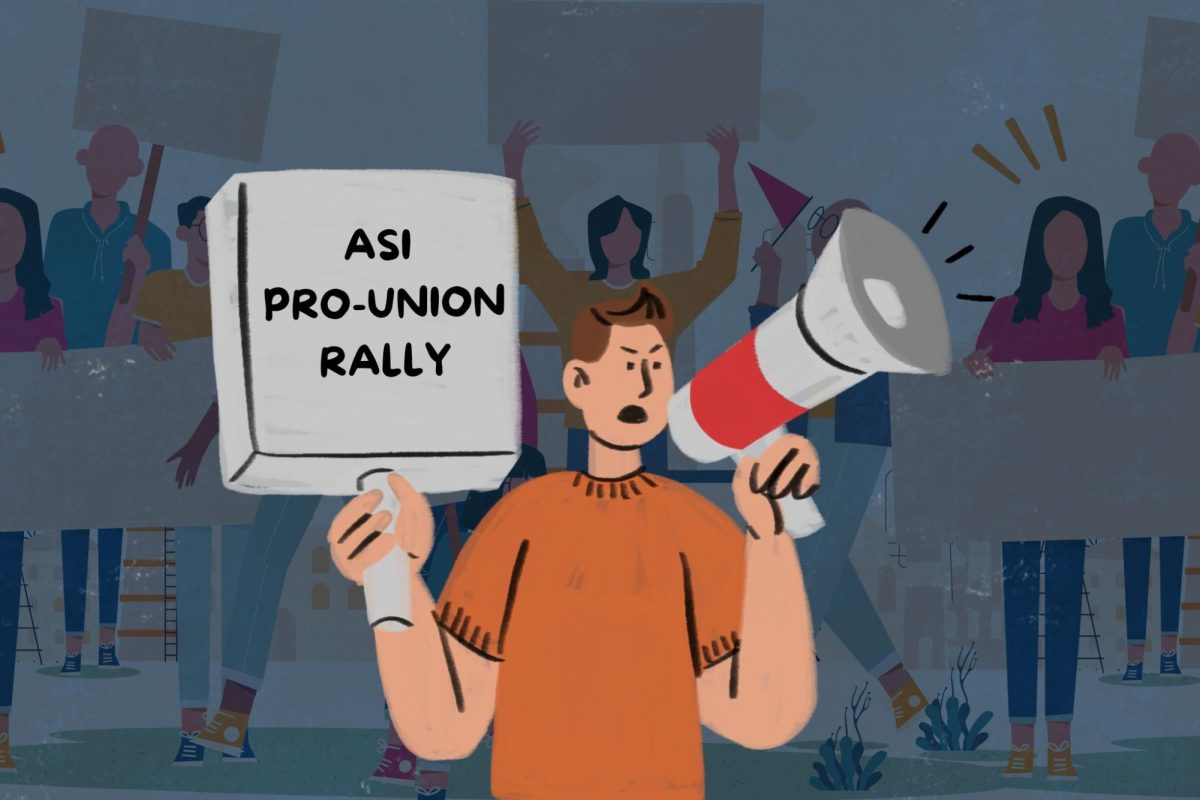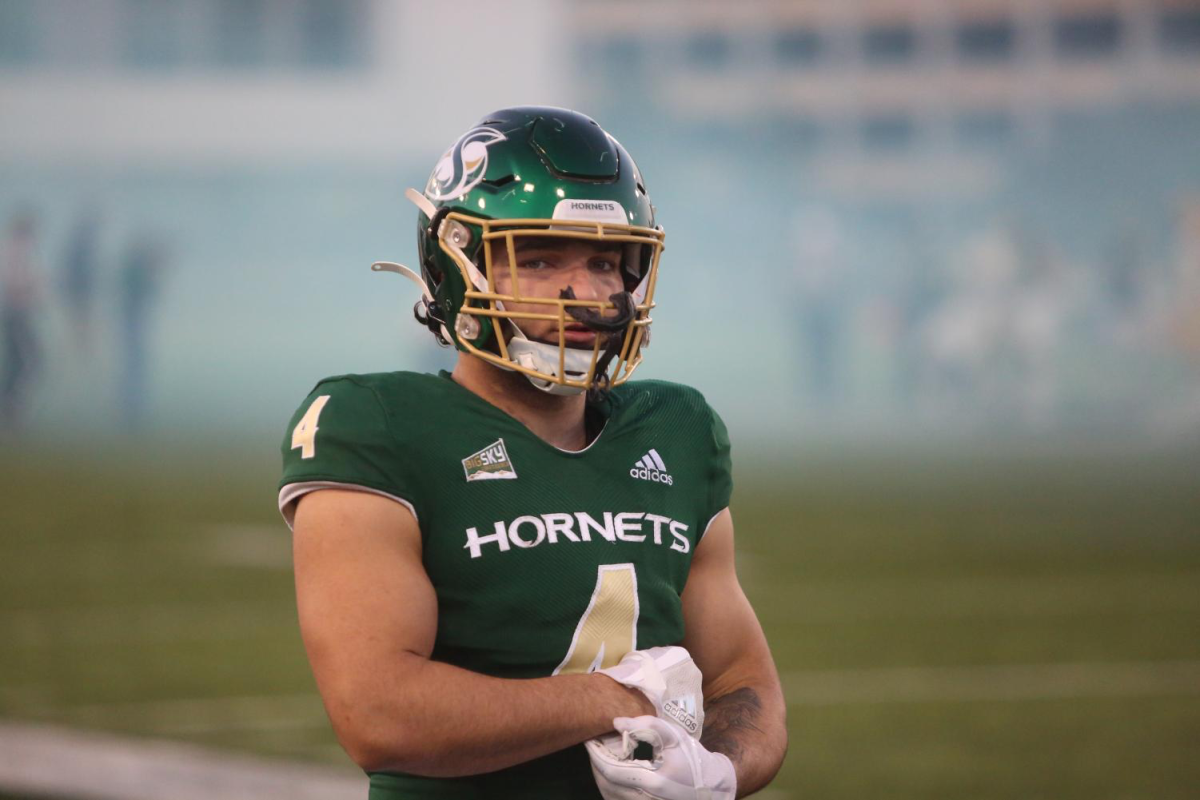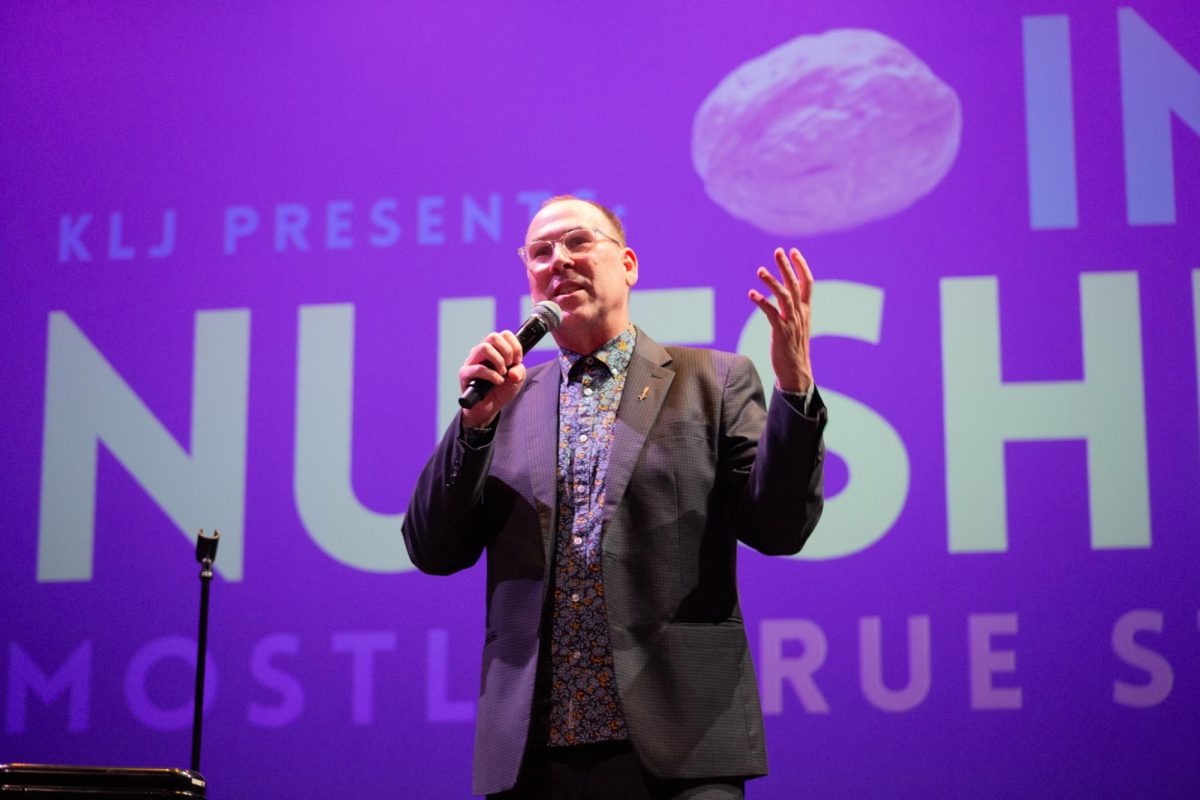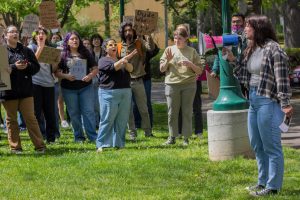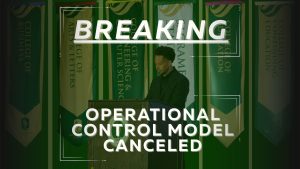YRO grabs campus attention for now
November 1, 2000
Year Round Operation (YRO for short) grabbed campus attention last week when the Faculty Senate held a special two-hour meeting to get some issues on the table that have been troubling faculty ? the major one being that YRO planning is being done without faculty input.
Whether that will really be rectified by the new committee set up in the meetings? wake should become clearer in the next few months.
What is clear is that YRO should probably be renamed YRE (Year Round Express). But how big a train ? and how fast it is moving ? is a little hard to see.
Several administrative folks believe there will not be a “third semester” anytime in the foreseeable future at Sacramento State and that YRO is really just going to be a state-supported summer school of very modest proportions.
But President Donald Gerth ? hardly known for wild thinking ? believes that YRO is going to catch fire soon and the University is going to see a tremendous demand for classes. Mark this on your calendar of historical events: I agree with the President on this.
If ? and it?s an if the size of former Chancellor Barry Munitz’s ego ? faculty and the administration actually cooperate on making YRO work, the benefits for students and faculty are tremendous. Students can move through to a degree faster ? and cheaper. Faculty can be ever-so-much-more flexible in their teaching schedules or make some extra money without having to gamble at the RCE casino on getting enrollments.
But there are plenty of landmines buried ahead in the details: o Part time faculty could be impressed into service easily (and cheaply) for summer classes, causing enrollment shortfalls during fall and spring.
o Faculty whose classes don?t make during the fall or spring terms could be asked (or required) to teach the balance of their load in summer, effectively making them teach year round.
o The Chancellor?s office could decide to count the dollars paid to faculty for extra summer teaching as part of their regular salaries ? and argue that it’s a pay raise. o Innovative programs could be stifled by mountains of paperwork to fulfill the prophecy that YRO will remain modest.
o State monies could dry up, as happened in the early 1990s, forcing the University to retrench, but with three semesters to staff, not two.
Last year, there was a great deal of lobbying to convince state legislators to come up with the money to make YRO work. The legislators had been led to believe that a third semester was a practically cost-free alternative to building new campuses for the expected “tidal wave” of students in the next 10 years. Their minds were changed after months of a forced review of hard facts.
If we can get agreement on the hard facts on this campus ? and really start communicating ? YRO just might work.
Michael J. Fitzgerald is a professor of Journalism and a member of the CSUS Faculty Senate. He can be reached by telephone at 278-7896, by mail C/O the State Hornet? CSUS, 6000 J Street, Sacramento, CA, or by e-mail at [email protected].









